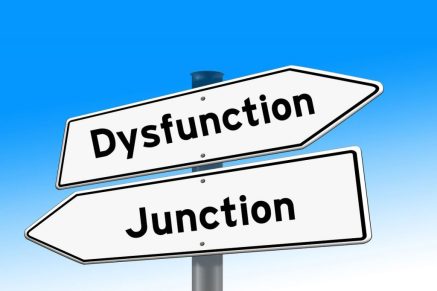Are You Working In A Dysfunctional Organisation?
Are You Working In A Dysfunctional Organisation?
Inspired by James Lawther’s recent book “Managed by Morons”
What Shapes Dysfunctional Organisations?
It’s often the managers who most influence the organisational culture, a culture that’s deeply rooted in collective assumptions and beliefs. But the influence is two-way; these underlying assumptions and beliefs also shape managerial behaviour.
How Do Managers Create Culture?
When you walk into a dysfunctional organisation, one of the first things you’ll notice is the prevailing culture. It may be one of fear, distrust, or apathy. Managers play a significant role in crafting this culture. They set the rules, they define the goals, and they model the behaviour that’s expected from employees.
What’s the Role of Assumptions and Beliefs?
For better or worse, managers aren’t operating in a vacuum. The organisational culture, in many ways, pre-dates them. This culture is shaped by a set of collective assumptions and beliefs that employees share. These can range from “this is a zero-sum game”, through “people cannot be trusted”, to “management doesn’t have our best interests at heart”. These collective beliefs serve as a backdrop against which managerial decisions and actions play out.
Why Do Dictatorships and Businesses Share Traits?
What’s striking is how dysfunctional organisations, whether dictatorships or retail chains, manifest similar behaviours and cultures. Dictatorships often suppress dissent and centralise power, much like how a toxic corporate culture stifles employee feedback and hoards decision-making at the top.
Can Collective Beliefs Be Changed?
Changing a dysfunctional organisation isn’t just about swapping out managers or implementing new policies. You’re fighting against a tide of collective beliefs and assumptions that may have been years in the making. But it’s not impossible. Identifying these beliefs and tackling them head-on can be the first step towards organisational change.
What’s the Takeaway?
Dysfunctional organisations don’t just happen. They’re often the result of managerial behaviour influenced by collective beliefs and assumptions. Recognising this pattern can be the first step toward meaningful change.
People’s behaviour impacts performance far more than any technology, management idea or whiz-bang initiative ever will.
And what governs people’s behaviours…?

